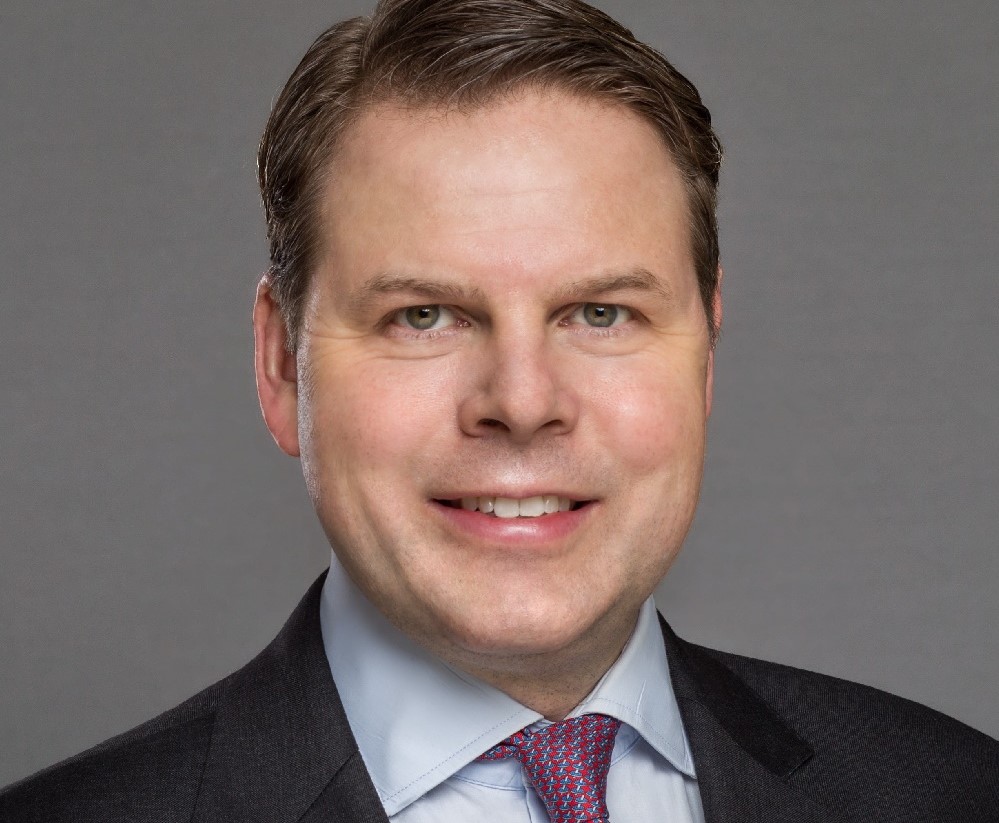Duke Royalty, the £95m AIM-listed SME finance fund, plans to invest in another eight companies over the coming 12 months.
To date, Duke has closed a dozen deals, investing £80m in well-established SMEs in Canada, Ireland, the Netherlands, and the UK.
Duke Royalty invests between £5m and £10m in each company.
The fund uses a concept called “royalty financing” that invests in SMEs against future cash flow. Basically, royalty finance is a business mortgage which acts like debt in that it does not dilute shareholder equity. Like a mortgage, SMEs are tied into royalty finance for the long-term, typically between 25 and 40 years.
The concept is a new one in Britain, although it is well established in Canada and the US, where it has become a $50bn sector.
Neil Johnson, CEO of Duke Royalty, sees “a multibillion-pound opportunity” to invest in British SMEs, given the hole created by high-street banks tightening up on small business lending. Before the financial crisis of 2008, the UK SME lending market was worth £5bn, says Johnson; today, that same market has shrunk to £2.2bn a year.
The obstacle for Duke is finding SMEs that fit its investment criteria: ideally, it is looking for SMEs which have been running for at least eight years and have turnover of anything between £2m and £10m.
The fund is focused on hospitality and leisure, industrials. healthcare, technology and media, power and utilities and business services.
Sectors it avoids are oil and gas, mining, biotech and start-ups.
“We love to invest in old economy businesses,” said Johnson.
To date, Duke has been closing four new deals each year. It expects this to increase to six new deals over the coming 12 months, as well as reinvesting in a couple of existing investments.
Especially useful
Royalty finance is especially useful for succession planning when a founder wants to cash out of a business, but still wants to retain ownership.
Johnson said: “We’re not a solution for all growth companies. We want companies with managers that are still incentivised because we want to share in your growth.
“We offer a way forward for companies with a long track record. What we’re looking for is future cash flow.”
European deals that have closed include investing two Midlands-based firms, Walsall-based glass manufacturer Brownhills Glass (£6.5m) and Derbyshire-based caravan and motor home parts supplier Miriad (£10m), whose owners wanted to take some cash out of the business.
Michael Ham, group managing director of Miriad, said: “Being owners for 20 years, the nature and flexibility of Duke’s capital means we continue to be involved in the future of the business, while receiving value for what we have built to date.”
Johnson said: “Succession planning is a huge problem for SMEs and royalty finance gives them that opportunity.”
Ham agreed: “Duke provides us with a key stepping-stone in our long-term succession planning.”
Unlike debt, which is keen to be repaid in full within a relatively short time period, Duke says that it doesn’t want its capital back – ideally, it wants to grow its annual return over time, as how much Duke earns depends on how the company performs. Duke shares in both the upside and downside over the life of an investment.
The sharp intake of breath comes when Duke Royalty explains to SMEs that it charges around 13pc interest in year one of its investment – of which 3.3pc goes to paying down the mortgage (based on a 30-year term).
Agreed percentage
After that, Duke is repaid through an agreed percentage of income, which can change each year, which could either go up and down by 6pc, depending on how the company performs.
Johnson said: “Yes, you pay more in the medium term but think of the long-term repayment risk with debt. Banks are very good about giving you a low teaser rate to start with, and then they’ve got you every which way ‘til Sunday.”
And Duke’s capital does not dilute shareholders in businesses, and so owners retain control of their companies.
“People will pay a little more to keep control of their business,” said Johnson.
SMEs do have the opportunity to buyout Duke Capital after three years for 120-130pc of the total amount invested.
Johnson says that once SMEs understand the concept, his main problem has been finding the right fit. The main stumbling block always going over the financials.
“Due diligence which is when things tend to fall over,” said Johnson.
Institutional investors that have backed Duke Royalty’s royalty financing concept include Hargreave Hale, BlackRock and Downing.
Eddie Kembery, CEO of West London-based Trimite Global Coatings, another Duke Royalty investment, said: “They don’t interfere with we’re doing. It’s more of a partnership than a loan. I can get on with running the business. It’s a predictive cost, not an influencing interest.”






